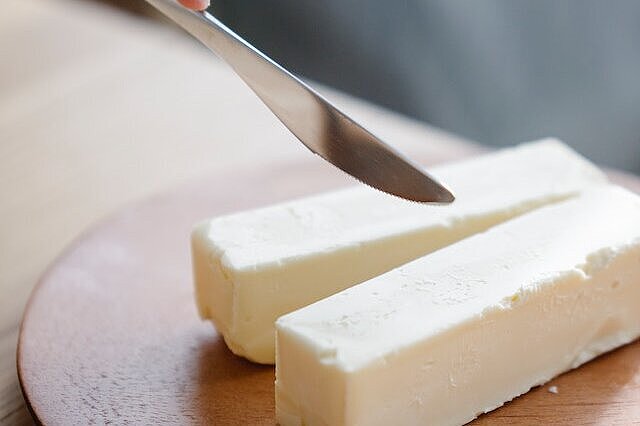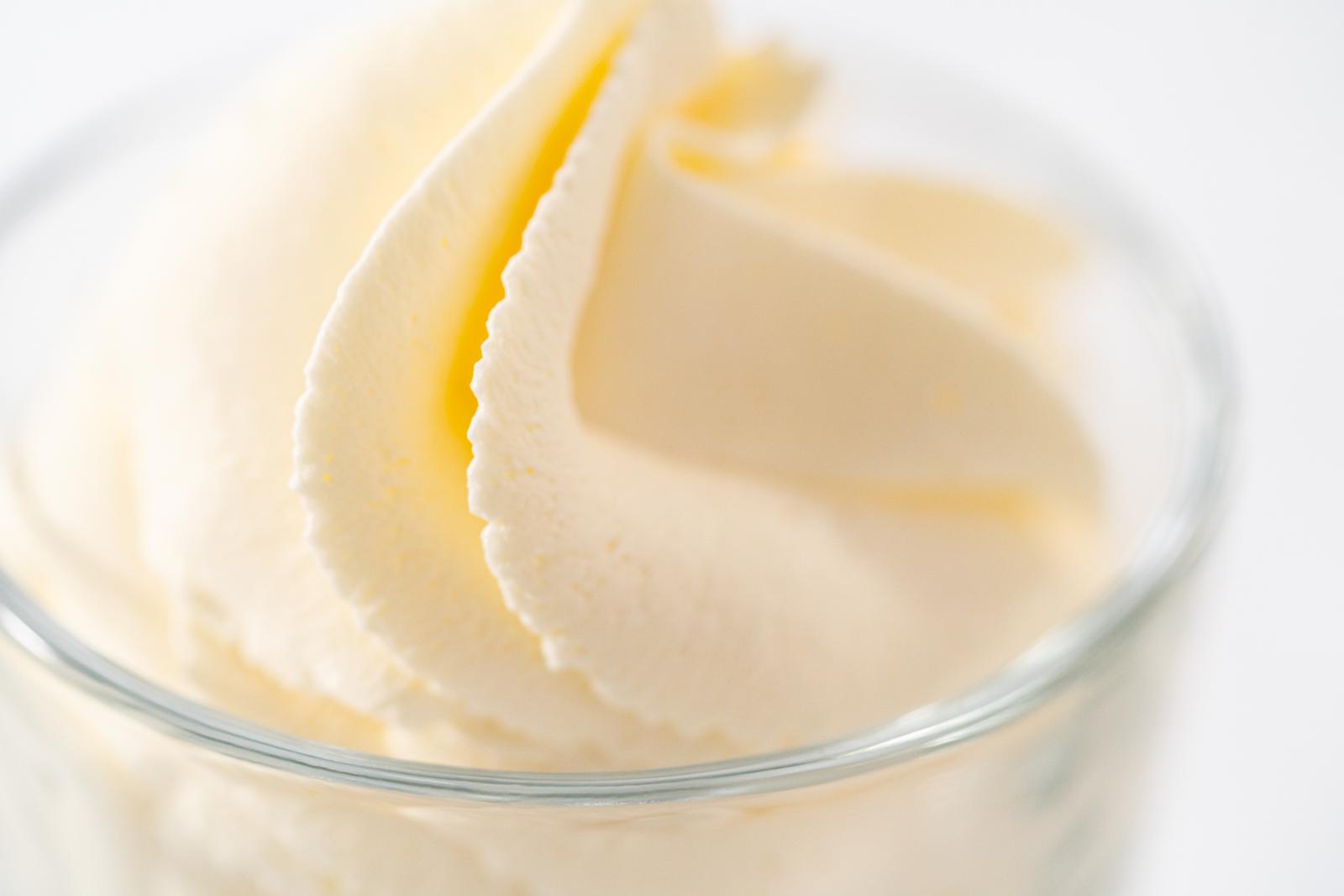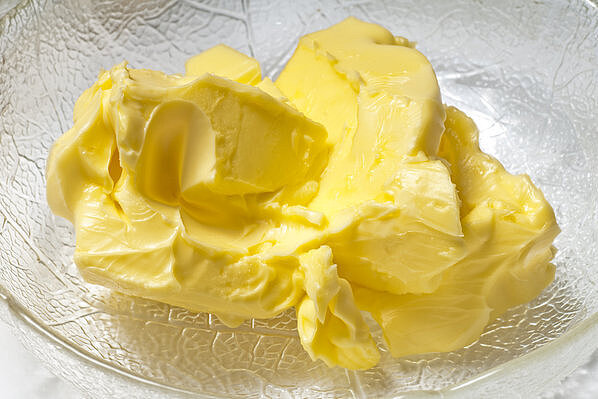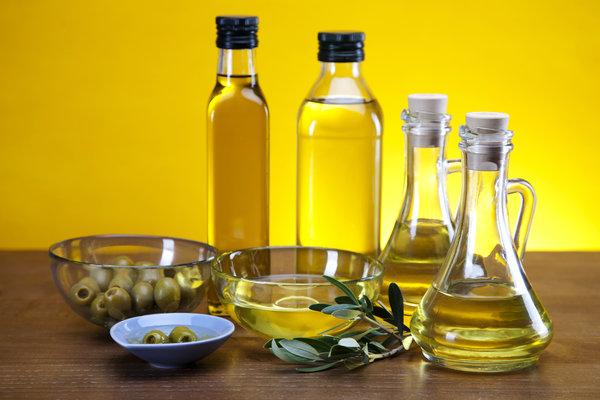Milk fat
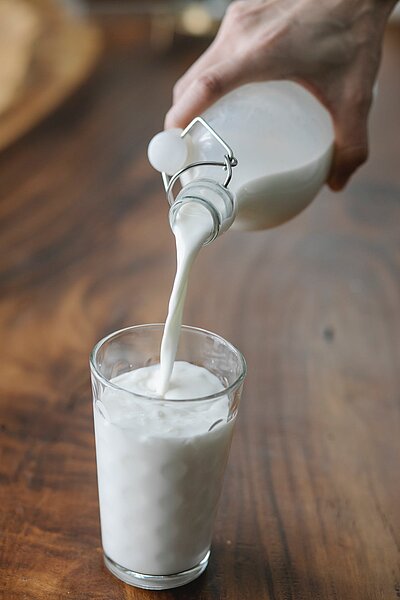
What is milk fat?
Milk fat is the fat contained in the milk of mammals. It makes up around 3 to 5 percent of cow's milk and varies depending on the animal species, feeding and lactation phase. Milk fat consists mainly of triglycerides, which in turn are made up of various fatty acids. The most important fatty acids in milk fat are palmitic acid, oleic acid, stearic acid and myristic acid. These have different properties and effects on the body.
Milk fat is an important source of energy for mammals that are suckled by their mothers. It not only provides calories, but also fat-soluble vitamins such as vitamins A, D, E and K as well as essential fatty acids such as linoleic acid and linolenic acid. These are important for the development of the brain, eyes, skin and immune system.
How does milk fat affect dogs?
Dogs are carnivores by nature and need animal fats in particular. They can only utilize vegetable fats poorly and can lead to digestive problems. Animal fats not only provide them with energy, but also important nutrients such as cholesterol, which is needed for the production of hormones and bile acids.
Milk fat is an animal fat that dogs can generally tolerate. However, tolerance depends on the quantity, quality and composition of the milk fat. Too much milk fat can lead to obesity, diabetes or cardiovascular disease. Too little milk fat can lead to a lack of fat-soluble vitamins or essential fatty acids.
The quality of the milk fat depends on the origin of the milk. Organic milk generally contains more unsaturated fatty acids than conventional milk, which contains more saturated fatty acids. Unsaturated fatty acids are healthier for dogs than saturated fatty acids as they have an anti-inflammatory effect and can lower cholesterol levels.
The composition of milk fat depends on the product that is made from it. Butter, for example, contains more milk fat than yogurt or cheese. The more milk fat a product contains, the more lactose it also contains. Lactose is the milk sugar that many dogs cannot tolerate. Lactose intolerance can lead to diarrhea, flatulence or vomiting.
What alternatives are there to milk fat?
If you want to do something good for your dog, you should not give him too much milk or dairy products. Most dogs don't need extra milk in their diet as they get enough fat from their meat. However, if you want to give your dog some milk from time to time, you should consider the following points:
- Choose a high-quality product made from organic milk or goat's milk.
- Only give your dog small amounts and observe how he reacts.
- Avoid products with a high milk fat and lactose content such as butter, cream or cheese.
- Mix the milk with water or dilute it with some dog food.
- Always offer your dog fresh water.
There are also some alternatives to milk fat that you can give your dog. For example, you can give him coconut oil, linseed oil or fish oil. These contain healthy fatty acids that can support your dog's coat, skin and immune system. However, you should also pay attention to the quantity here and not give more than one teaspoon per day.
Milk fat is not necessarily harmful for dogs, but it is not necessary either. If you want to give your dog some milk, you should pay attention to the quality, quantity and tolerance. There are also other ways to provide your dog with healthy fats that are good for him. It is important that you always pay attention to your dog's needs and well-being.
If you notice any signs of hypersensitivity or poisoning in your dog, you should see your vet immediately. We are not a substitute for a vet, but we try to be as accurate as possible. Every dog reacts differently and we recommend you get a second opinion or consult your vet if in doubt.
Stay healthy and take good care of your four-legged friend!😊
Similar to Milk fat
Butter is a fat that is made from the cream of cow's milk. The fat droplets are combined into a solid mass by beating or churning the cream. The remaining liquid is called buttermilk. Butter has a...
Cream is the fattiest part of milk. It is obtained by skimming off the rising layer of cream or separated from milk by centrifuging. There are various types of cream, which differ in terms of fat...
Vegetable margarine is a spreadable fat made from vegetable oils. The oils are partially hardened to achieve a firm consistency. However, this can also produce unhealthy trans fats, which can...
Vegetable fats provide energy and important nutrients for dogs. They are a source of essential fatty acids that dogs cannot produce themselves and must therefore obtain from their food. Essential...
